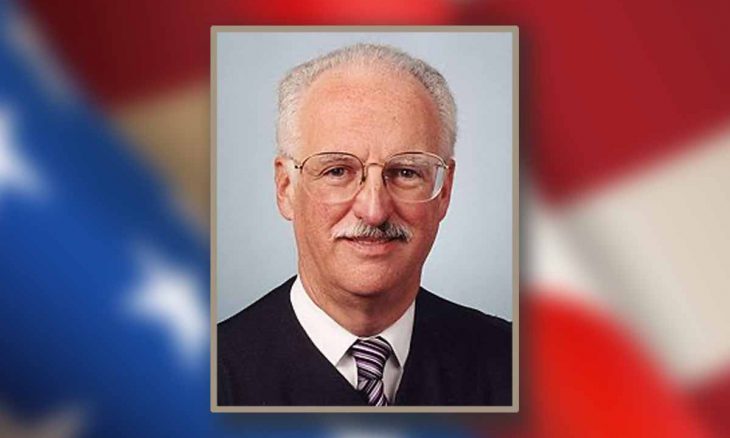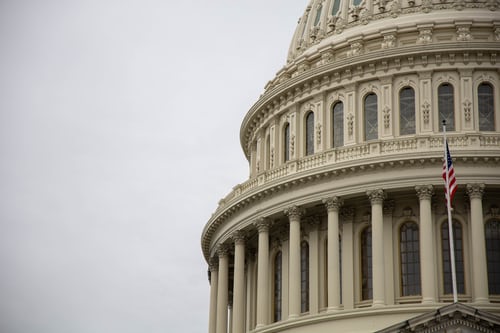Judge Douglas Ginsburg
District of Columbia U.S. District Court
Douglas Howard Ginsburg was born in May 1946 in Chicago, Illinois. He earned an undergraduate degree from Cornell University and received his Juris Doctor from the University of Chicago School of Law. He clerked at the D.C. Circuit Court of Appeals and then for Justice Thurgood Marshall of the U.S. Supreme Cort. He became a professor of law at Harvard Law School.
He joined President Reagan’s administration as the administrator of the Office of Information and Regulatory Affairs and served as Deputy Assistant Attorney General and Assistant Attorney General in the Department of Justice’s Antitrust Division. He was an adjunct or visiting law professor at the George Mason School of Law, the University of Chicago Law School, and Columbia University Law School, and was a visiting scholar at New York Law School, later becoming a professor at the Antonin Scalia Law School and a visiting professor at University College London.
Ginsburg was nominated by President Ronald Reagan to a seat on the U.S. Court of Appeals for the District of Columbia Circuit. He was confirmed by the Senate and received his commission in October 1986. He was chief judge for eight years. He assumed senior status in October 2011.
After a seat on the U.S. Supreme Court was left open by the retirement of Justice Lewis Powell, President Regan nominated Ginsburg to that position. Ginsburg later withdrew his nomination, remaining on the Court of Appeals.
In the News…
Last year, the Maine Lobstermen’s Association filed a lawsuit against the National Marine Fisheries Service alleging a new rule that imposed operating limits on lobster fisheries was putting lobstermen out of business. The rule put limits on the fisheries and set technical standards on how much lobster trap rope could be in the water, cutting their trapping by half.
Writing for a three-judge panel of the U.S. Court of Appeals for the District of Columbia Circuit, Judge Douglas Ginsburg said, “The Service’s legal reasoning was not just wrong; it was egregiously wrong. The Service’s argument rested entirely upon a half-sentence in the legislative history. This approach is a relic from a bygone era of statutory construction.”
“Under the Service’s approach, legislative history may supply duties that, as the Service now concedes, are not found in the enacted law. As the Supreme Court recently said, ‘We cannot approve such a casual disregard of the rules of statutory interpretation.’ The reason is obvious; as any high school Civics student should know, legislators vote on and the president signs bills, not their legislative history,” he continued.
He wrote, “Only a few years ago, the Service, revisiting its interpretive rules, agreed with commenters that ‘nothing’ in the ESA required it to use ‘a “worst-case scenario” or make unduly conservative modeling assumptions,’ and rejected comments arguing it should give the benefit of the doubt to a species by evaluating ‘effects or activities that were possible even if not likely.”
Contact this Leader…
Did you pray for Judge Ginsburg today? You can let him know at:
The Honorable Douglas Ginsburg
U.S. District Court for the District of Columbia
E. Barrett Prettyman U.S. Courthouse
333 Constitution Avenue, NW
Washington, D.C. 20001









